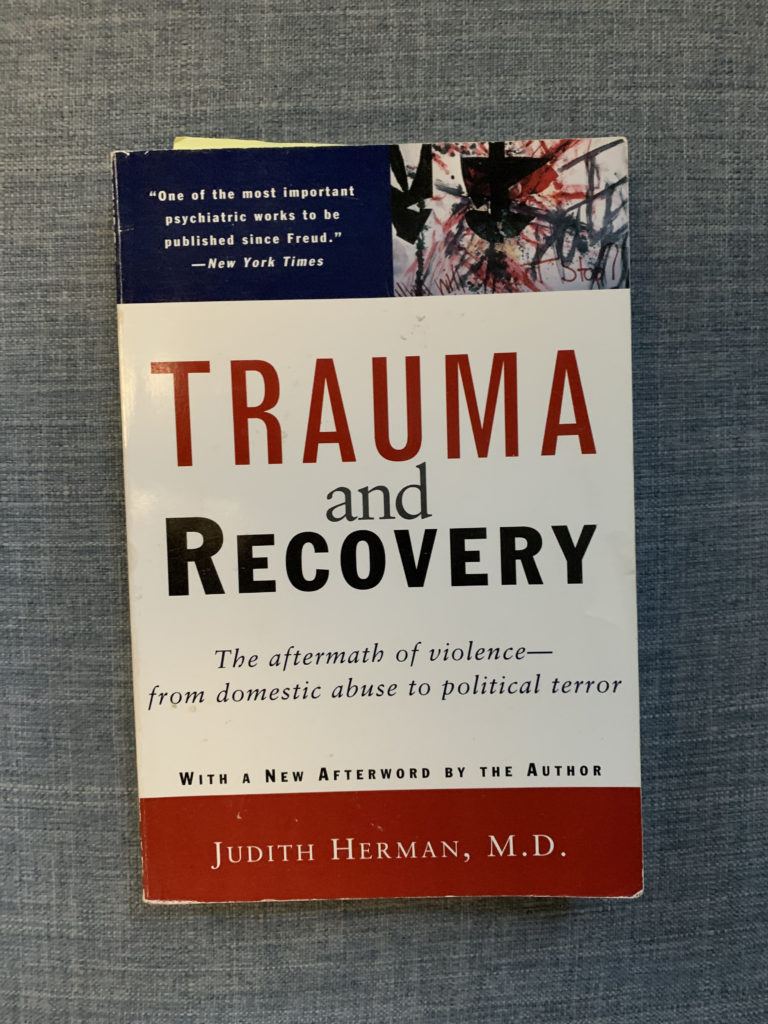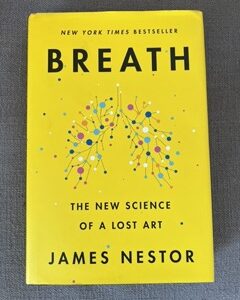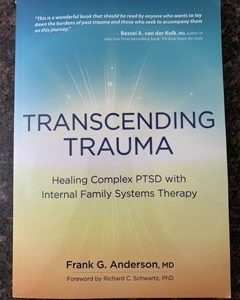
Add this book to your list – Trauma and Recovery: The aftermath of violence – from domestic abuse to political terror by Judith Herman, MD. Here are a few quotes from her book and I highly suggest you read this to understand trauma and the healing process.
“…repeated trauma in childhood forms and deforms the personality. The child trapped in an abusive environment is faced with formidable tasks of adaptation. She must find a way to preserve a sense of trust in people who are untrustworthy, safety in a situation that is unsafe, control in a situation that is terrifyingly unpredictable, power in a situation of helplessness. Unable to care for or protect herself, she must compensate for the failures of adult care and protection with the only means at her disposal, an immature system of psychological defenses.”― Judith Lewis Herman
“Traumatic events destroy the sustaining bonds between individual and community. Those who have survived learn that their sense of self, of worth, of humanity, depends upon a feeling of connection with others. The solidarity of a group provides the strongest protection against terror and despair, and the strongest antidote to traumatic experience. Trauma isolates; the group re-creates a sense of belonging. Trauma shames and stigmatizes; the group bears witness and affirms. Trauma degrades the victim; the group exalts her. Trauma dehumanizes the victim; the group restores her humanity.” ― Judith Lewis Herman
Repeatedly in the testimony of survivors there comes a moment when a sense of connection is restored by another person’s unaffected display of generosity. Something in herself that the victim believes to be irretrievably destroyed—faith, decency, courage—is reawakened by an example of common altruism. Mirrored in the actions of others, the survivor recognizes and reclaims a lost part of herself. At that moment, the survivor begins to rejoin the human commonality…” ― Judith Lewis Herman
“In order to escape accountability for his crimes, the perpetrator does everything in his power to promote forgetting. If secrecy fails, the perpetrator attacks the credibility of his victim. If he cannot silence her absolutely, he tries to make sure no one listens.” ― Judith Lewis Herman






